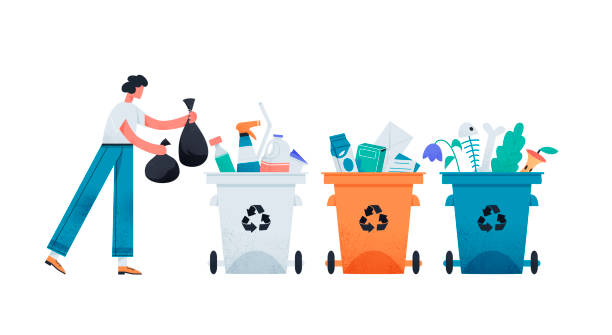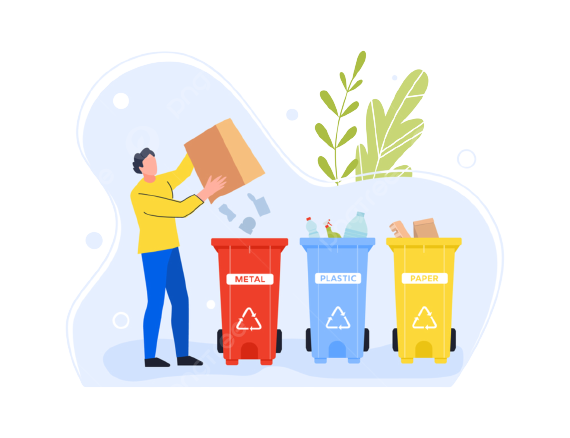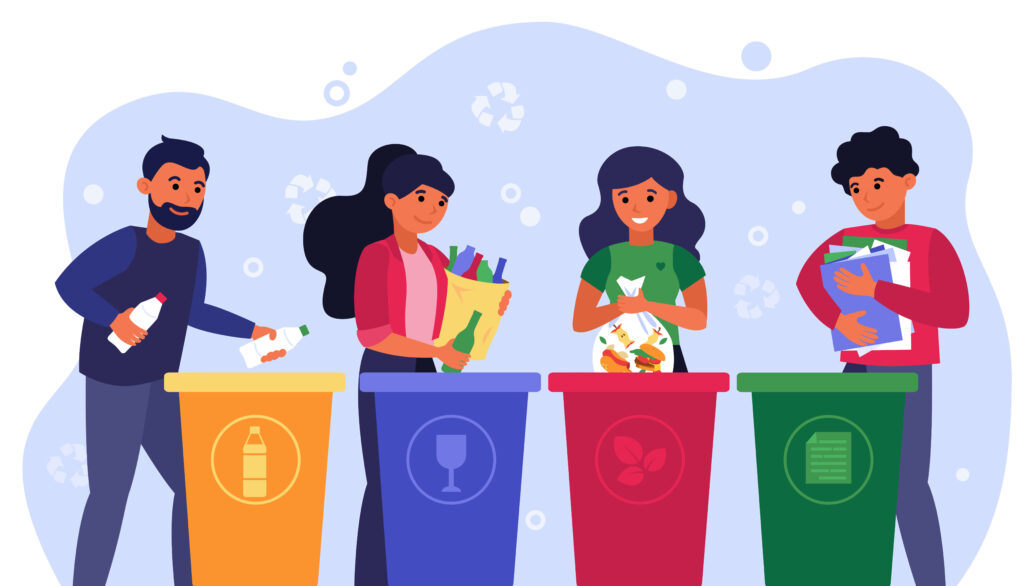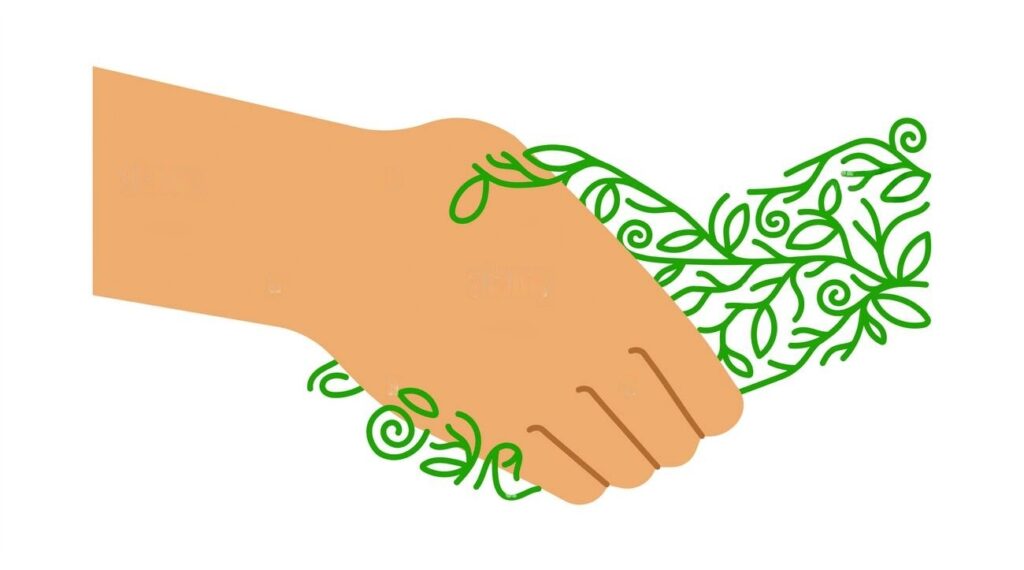Welcome to our Awareness page, a compass guiding you through the intricate landscape of waste management and sustainable practices. At Deepak Anvesh’s Smart Waste Management System, we believe that knowledge empowers change. Embark on a journey of exploration as we unravel the complexities of responsible waste management.

Waste is any material that is no longer useful and needs to be disposed of. It can be classified into various types, including organic waste (biodegradable), recyclables (paper, plastic, glass,E-waste etc), and non-recyclables (hazardous materials, mixed waste). Proper handling and disposal of these types are essential for environmental health.

Source segregation involves separating different types of waste at the point of generation. This practice enhances recycling efficiency, reduces contamination, and ensures that each waste stream receives appropriate treatment, minimising environmental impact.

Dry waste refers to non-biodegradable waste like plastics, paper, E-waste and metals, while wet waste includes organic materials like food scraps. Proper segregation of these types at the source is essential for effective processing and resource recovery.

Hand over recyclables to authorised/certified/registered/legally approved collection centres or waste management agencies only. Organic waste can be composted at home or disposed of in designated bins. Hazardous waste should be handed over to authorised facilities to prevent environmental harm.

Collected waste is transported to appropriate MRF facilities for processing. Further Recyclables are sent to recycling plants, organic waste to composting facilities, and hazardous waste to specialised treatment centres.
Waste processing varies by type. Recyclables are sorted, cleaned, and processed into new products. Organic waste undergoes composting to produce nutrient-rich soil. Hazardous waste is treated to minimise its environmental impact.
With knowledge as your guide, take a step toward a greener future. Join our movement and translate awareness into impactful change, making sustainability a way of life.
Deepak Anvesh

Unlock exclusive features and benefits by creating an account and subscribing to it: